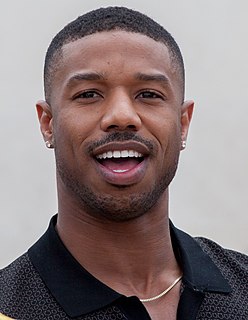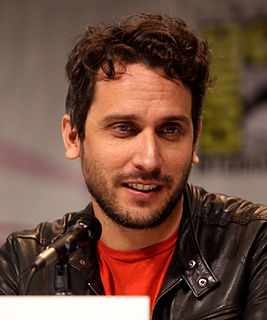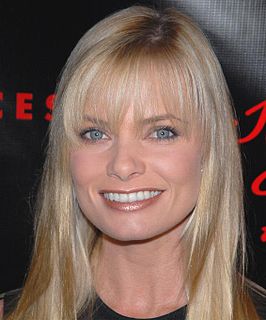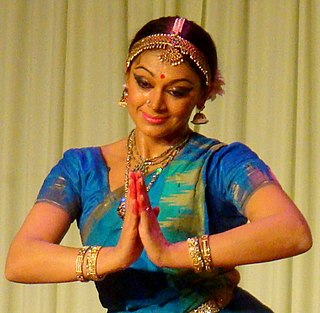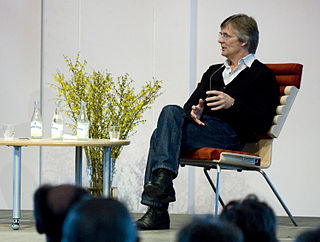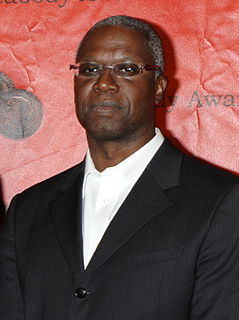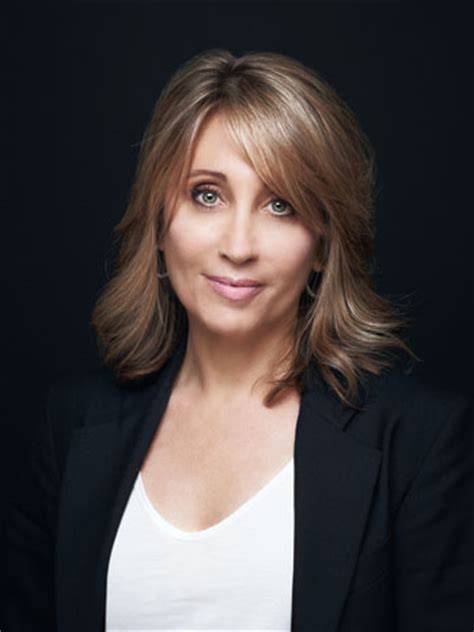A Quote by Michael B. Jordan
I'm not saying no to anything, at least as far as reading scripts. I don't care if it's television or films but, personally, I would say I'd like to establish myself more in film.
Related Quotes
You can make a film with a phone and a computer if you want, if you have the time. So it's a world that is saturated with films and all kind of stuff, so it's such a blessing to be able to make a film and people care, and even if they say that it's a bad idea, at least they care and they're talking about it.
Personally, I never believe an artist saying "I do it for myself" is saying the truth, because why would you go through the trouble of making something that goes out into the world if you didn't care about somebody else seeing it? It's like the difference between those who choose "more comfortably termed entertainment" versus what people think of as the "art life," which is supposedly more monastic or spiritual. I don't believe in those distinctions.
I can't complain about anything. It's like saying, "I don't like talkies." Time marches on and I don't care how people watch my movies as long as they see them. I don't care if they're on their phone. Believe me, if you ever want to watch my early films they would look a lot better on your phone than they would on a movie screen. The smaller the better.
Essentially, the scripts are not that different. Let's say, in literary terms, it's the difference between writing horizontally and writing vertically. In live television, you wrote much more vertically. You had to probe people because you didn't have money or sets or any of the physical dimensions that film will allow you. So you generally probed people a little bit more. Film writing is much more horizontal. You can insert anything you want: meadows, battlefields, the Taj Mahal, a cast of thousands. But essentially, writing a story is writing a story.
I don't think there's anything that I would really baulk at doing on-screen. I don't think so. I've got certain pet peeves about writing... my pet peeve about reading scripts is when they give you a line reading and there'll be a line but next to your character's name it'll say 'very angry'. But I'm like: "Well, I'll decide that actually!" So, there's little things like that. That's a slight pet peeve.
I do not mean to imply that television news deliberately aims to deprive Americans of a coherent, contextual understanding of their world. I mean to say that when news is packaged as entertainment, that is the inevitable result. And in saying that the television news show entertains but does not inform, I am saying something far more serious than that we are being deprived of authentic information. I am saying we are losing our sense of what it means to be well informed.
I think I entered the market around the time when there was getting to be less snobbery about the difference between feature films and television. I think there's been a lot more receptivity on television to interesting adult stories that in the '60s and '70s would have been made into feature films. I have no problem jumping back and forth. If anything, I find it less restrictive working in television.
When I first started making films 30 years ago, people would comment that I was a woman. But strangely, when I was in television, no one ever mentioned that I was a woman. Maybe it was because television and film were different. There were more women working in television than men. There was no split in terms of work - everyone was considered equal
